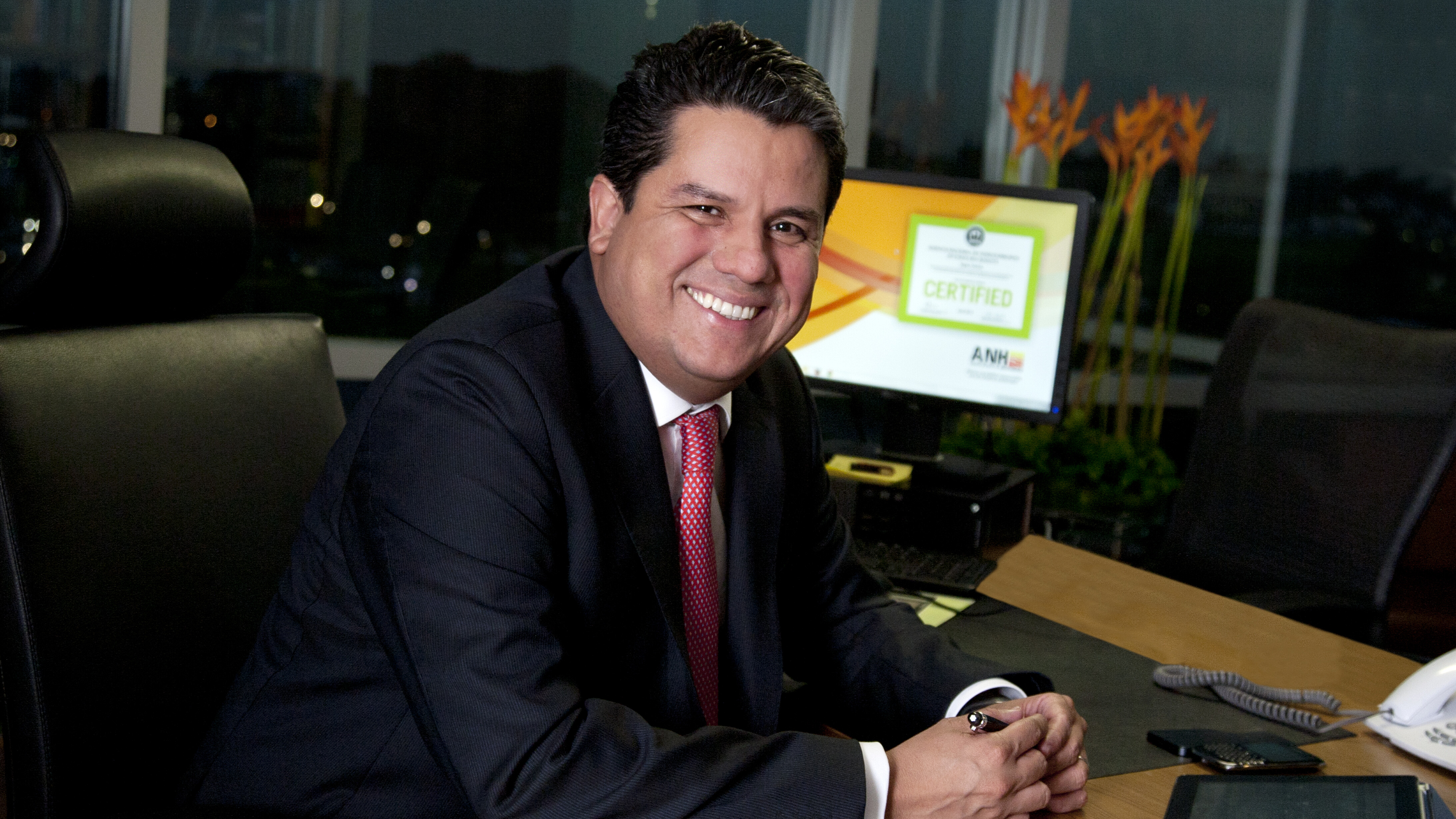Interview with Colombia’s Minister of Mines and Energy, Germán Arce
Natural Resources Talk: We ask Colombia’s Minister of Mines and Energy, Germán Arce, about the transformation of Colombia’s extractive industry…

Colombia has a big problem with its hydrocarbon production-to-reserves ratio; what is your ministry doing to fight this challenge?
The Ministry of Mines and Energy and the National Hydrocarbon Agency (ANH) are working to promote the exploration of oil and gas so that the country can boost its reserves. For that purpose the National Development Plan has defined four pillars of the industry, which we are focusing on, they are:
Offshore
Unconventional reserves
Improved recovery
Heavy oil
It is important to highlight that in the last two years the country has carried out the biggest offshore seismic campaign in the world. Also we have drilled three deep and ultra-deep water wells. Of them, two have had oil discoveries, which suggests there are good prospects for further success. The Ministry hopes that this dynamic start continues and that it leads to future finds and the growth of our reserves. Finally it is important to mention that oil wells in Colombia have an average recovery factor of 18%, which is low in comparison to the global average of 23%. By incorporating new secondary and tertiary recovery technologies we can boost this percentage and in that way increase reserves.
In many places in Latin America mining and energy projects have been hit by protests; how is the situation in Colombia?
To maintain constant dialogue with the communities and aid projects that will help the country the Ministry of Mines and Energy, along with the ANH, the Ministry of the Interior, the Ministry of Work and the United Nations Development Programme (PNUD), began developing the Territorial Strategy for the Fair and Sustainable Management of the Hydrocarbon Sector (ETH) in 2014.
"The idea is to create visions of development and then make them happen…"
The initiative is made up of four components: Co-exist, Lead, Move and Demonstrative Actions, and promotes the human development and the construction of peace in the regions where the oil and gas industry operates. It helps to improve the conditions of governance, transparency and lift people from poverty through the involvement of communities, industry, academia and government. The idea is to create visions of development and then make them happen through actions that strengthen the stakeholders and improved the quality of life in the territory where the sector is present.
The Ministry of Mines and Energy and the ANH also work to establish and implement a technical regulation that incorporates the best practises of the industry, in this way guaranteeing sustainability. Indeed we already have the Technical Colombian Guide (GTC 250) “Good Social Practices for the Exploration and Exploitation of Hydrocarbons”, and we are currently in the process of elaborating the technical regulations for the offshore industry.